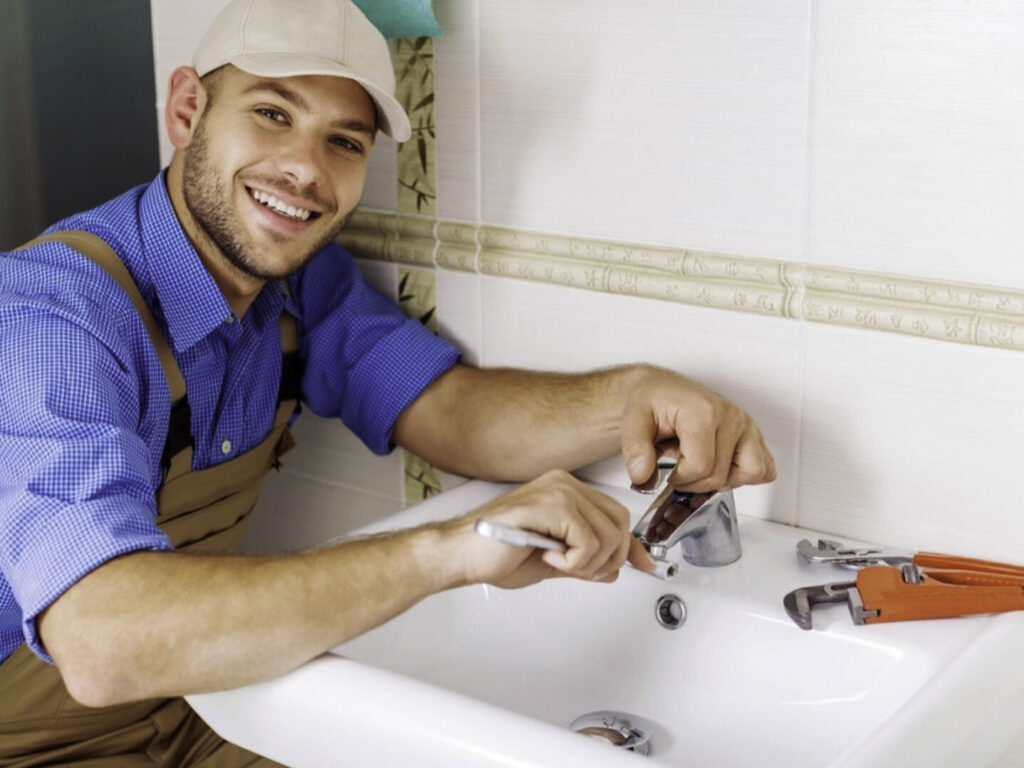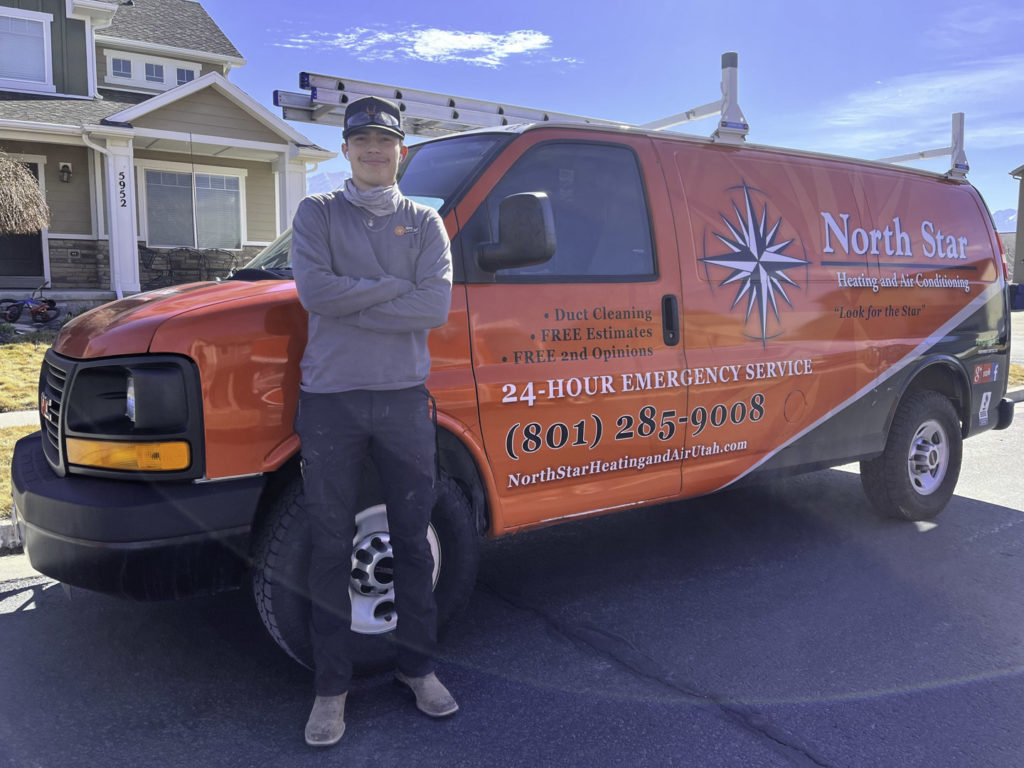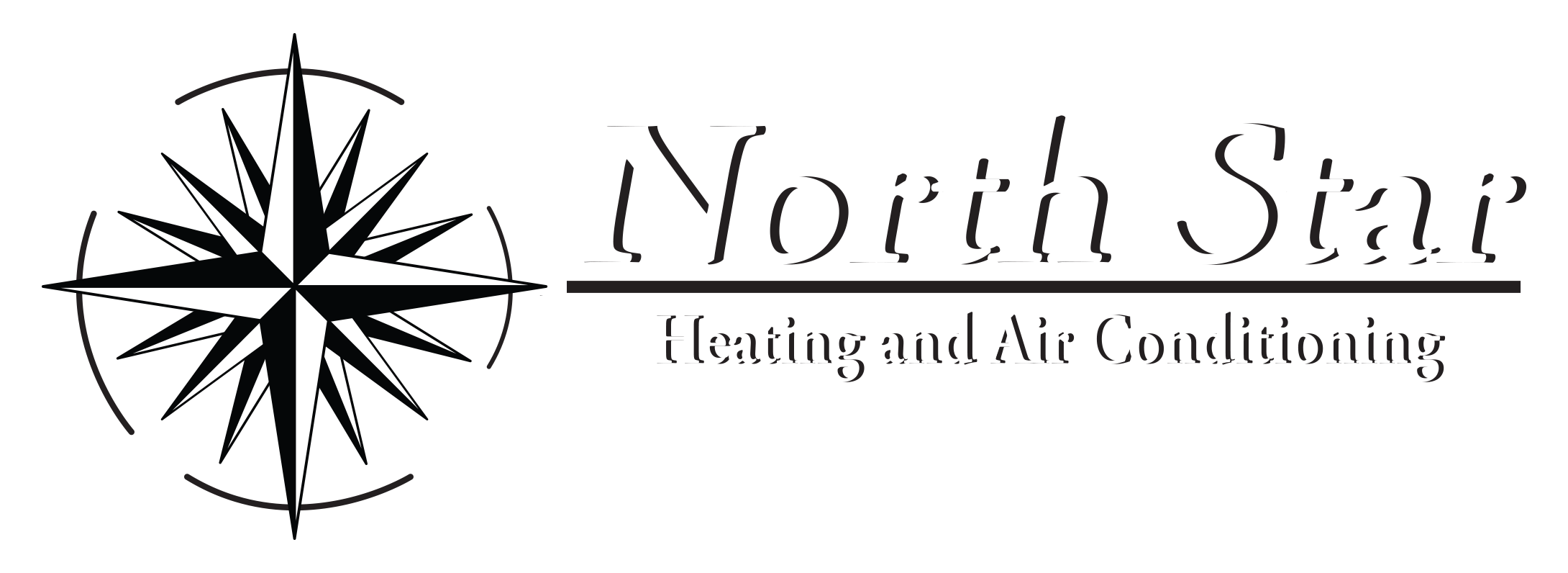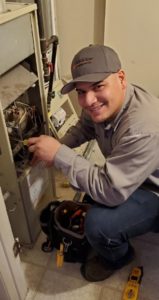At first glance, the differences between plumbing and HVAC sound simple. A plumber deals with water-related issues like leaky pipes, clogged pipes, or faulty faucets. An HVAC technician deals with heating, cooling, and ventilation-related problems. The truth is the differences between plumbing and HVAC are much more complex. The first thing to know is that an HVAC technician doesn’t do plumbing work. If you have problems in your bathroom, shower, or other fixtures, you will need a plumber. Plumbers are also responsible for installing pipes in new construction projects and maintaining and repairing plumbing systems. They install and repair fixtures such as sinks, toilets, bathtubs, and water heaters.
To get a better idea of what each one does, let’s take a closer look:
What Does a Plumber Do
The plumbing system in your home or business is an intricate network of pipes and fixtures that carry water and waste products throughout the building. The main purpose of plumbing is to provide water for drinking, cooking, bathing and cleaning. It also provides wastewater removal from sinks, toilets and baths. The job of a plumber is to keep this system working properly.
Here are some things you can expect from a plumber:
- Installing pipes
- Maintaining and repairing plumbing systems
- Designing pipe installations for construction projects;
- Installing and repairing fixtures such as sinks, toilets, bathtubs, and water heaters.
What Does an HVAC Technician Do
An HVAC technician is a skilled tradesman who installs, maintains and repairs heating, ventilation, and air conditioning systems. The duties of an HVAC technician vary but they generally include:
- Performing preventative maintenance on HVAC systems;
- Identifying problems with HVAC equipment
- Maintaining records of repairs
- Install and maintain residential furnaces, boilers, and water heaters
- Diagnosing electrical and mechanical faults for HVAC systems
- Performing warranty services
- Ensuring compliance with industry standards
When Should You Call a Plumber?
There are many reasons to call a plumber for help, but perhaps the most obvious is if you need your plumbing fixed. There are many problems that can cause your plumbing to stop working properly, from simple clogs to leaks to full-blown pipe bursts. Because these issues can be so serious, it is wise to get a professional involved as quickly as possible. Waiting too long could result in much more costly repairs or replacements and even damage to other fixtures or property. If you have any of the following issues it would be best to call a plumber:

- Slow or no water flow or drainage
If you notice that your water is taking longer than normal to drain, it could be an indication that there is a problem with your pipes. The first step to take is to check for leaks in the walls, especially if your home has old plumbing.
- Inconsistent temperature in hot and cold water
Another sign of a problem with pipes is inconsistent temperatures of hot and cold water. If the temperature changes while you are using the faucet, it could be due to a partial blockage in the line or because the valve behind the sink isn’t working properly.
- A leak in pipes or faucets that needs to be fixed
If you hear dripping noises coming from your sink and can’t seem to find where they’re coming from, then it’s likely that there’s a leak somewhere in your system. You should turn off all valves under the sink, including supply lines leading into it, and check them for leaks by applying pressure near where they connect to drains or supply lines leading into them.
When Should You Call an HVAC Technician?
When you start noticing problems with your heating or cooling system, it usually doesn’t take long for those problems to get worse and snowball into bigger, more expensive issues. If you any of the following things it would be best to call an HVAC technician:

- The furnace is not putting out heat as well as it should
If your furnace is not putting out enough heat and you’ve tried turning it up, you may need a new furnace. If this is the case, call an HVAC technician as soon as possible so they can determine if this is the problem and fix it for you.
- Air conditioner is not cooling the house well
If your air conditioner isn’t cooling your home properly, there could be several reasons why. First, check the thermostat setting. If it’s set on “heat,” then that’s probably why your unit can’t cool properly. If that’s not the problem, call an HVAC technician to inspect and repair any issues with your central air system.
- Condensation inside the house has caused mold and mildew
When water leaks into our homes through holes in roofs or walls, it will eventually cause mold to grow inside of our houses. When this happens, we need to replace all of our insulation with new insulation material. The same goes for damp basements where water has seeped through cracks in foundations or walls (often due to improper drainage).
Call North Star to See Which Plumber we Recommend in Sandy, Utah
In a nutshell, plumbing and HVAC services have different focuses. A plumber is primarily focused on solving plumbing problems. An HVAC contractor is always concerned with HVAC issues, but can also solve water-based problems, too. Both have their specialties and are typically needed for the specific purpose of their job. If you need to call someone for a problem in your home, it’s a good idea to get them both out there to avoid redundancy and extra costs.
Article provided by Adam Loveridge, CEO of Allied Contractors. For more information about Adam and his company, see the following info:
Allied Remodeling Contractors
2901 Bluegrass Blvd #20087
Lehi, UT 84043
(385) 412-8088


 Why is my AC Not Blowing Cold Air?
Why is my AC Not Blowing Cold Air?